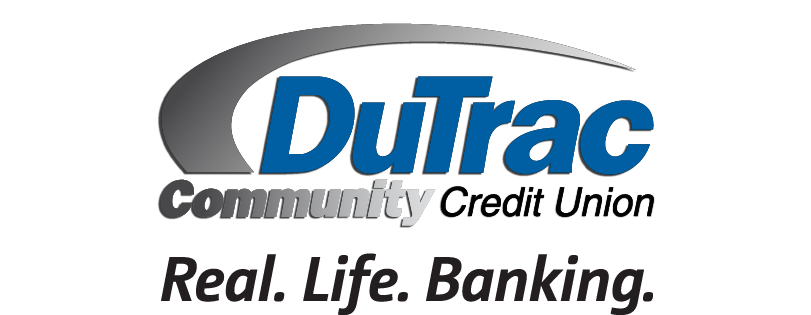Below are the top three lines used by imposters to gain access to your money.
1. “I need remote access to ‘fix’ your computer.”
If you get an unsolicited request to remotely access your computer or mobile device, it’s a scam.
Imposters pose as employees of familiar companies and ask you to provide remote access or download an app. They may call, use pop-up screens, text messages or email to convince you that your device has been compromised. Do not click the link or open the attachment and never download software or provide remote access to anyone you do not know.
2. “Do not tell your credit union.”
If you are told to lie to your credit union about why you need to wire money or make a withdrawal, it’s a scam! If you are contacted unexpectedly by phone, email, text, direct message, or pop-up with a request for personal information or money, it’s a scam. If you are asked to pay in an unusual way, like gift cards, Bitcoin, prepaid debit cards or cryptocurrency to resolve fraud, it’s a scam. DuTrac will never ask you to transfer money to anyone, including yourself. DuTrac will never ask you to withdraw or move money to protect yourself from fraud. When contacting the credit union, always call the number on the back of your debit or credit card, the local number you know and trust or stop by your local branch office.
3. “You need to do this right away or you will be in trouble.”
Slow down and use caution. Scammers want you to act without thinking.
Trending Scam example:
• Step 1: Tech support scam – The impersonator claims to be from a legitimate tech support company and claims your computer has been hacked. They will ask you to call a number and download software allowing them remote access to your computer to resolve the “issue”. Then they will ask you to log into your online banking and look for fraudulent charges.
• Step 2: Credit Union imposter – You will receive a second call from an imposter claiming to be from your credit union, saying fraud is happening on your account. They will tell you to move money to a “safe account”, such as Bitcoin, cryptocurrency, or a third-party pay app they have set up in your name.
• Step 3: Imposter – You will receive a third call from another imposter claiming to be a government official who is confirming the transaction. They may even send you an email or letter to make the scam look more legitimate.
The Scams are real, and the scammer is an expert at doing what it takes to gain access to your information and money. Be the expert in defending yourself and protecting your information and assets.
Find the tools to identify fraud and steps to take if you become a victim at DuTrac.org/support/fraud or email fraud@dutrac.org

